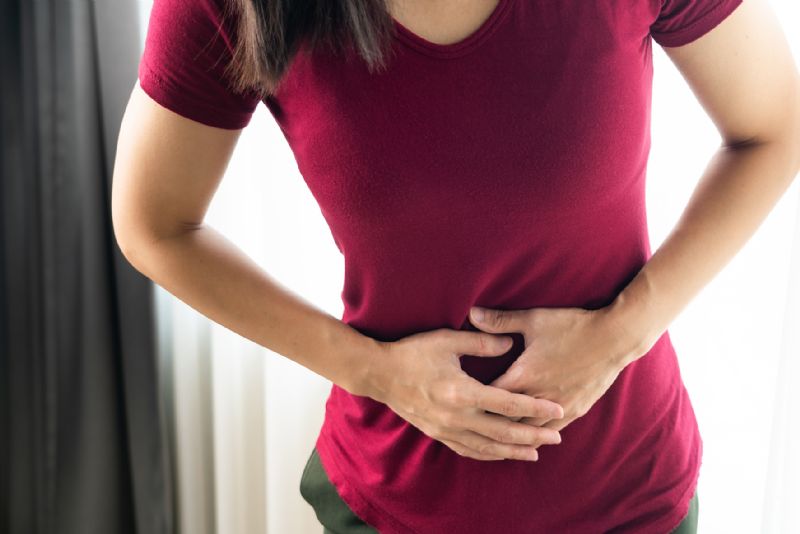- Home
- News, Articles & Reviews
We are hiring! Please click here to join our growing magazine delivery team in Gloucestershire!

Polycystic ovary syndrome
All Areas > Health & Beauty > Medical Health
Author: Kirsty Lilley, Posted: Thursday, 25th January 2024, 09:00
Polycystic Ovary Syndrome (PCOS) is a gynaecological condition which is thought to be linked to abnormal hormone levels in the body, including insulin, which in turn brings a greater risk of developing type 2 diabetes and high cholesterol levels.
Although there is no known cure, the syndrome can be effectively managed and, in most cases, a woman will be able to get pregnant, even though the condition does affect fertility levels. There is thought to be a familial link in terms of development of the condition.
There are three main features of PCOS – the development of multiple fluid-filled sacs which encapsulate the eggs within the ovary, an increase in the male hormone androgen which may contribute to excess facial hair, and irregular periods meaning the ovaries do not release eggs regularly.
The syndrome affects one in ten women
All of these can impact fertility and the chances of getting pregnant. It is a common condition, seemingly affecting one in ten women in the UK, although many do not have any obvious symptoms.
If signs and symptoms of PCOS do develop they will usually do so in your early twenties and may include acne and oily skin, excessive hair growth (especially on the face and chest), weight gain, thinning hair, irregular or absent periods, and difficulty getting pregnant.
If you develop any of these symptoms and have a family history of the syndrome, it is important to see your GP. The condition is usually confirmed with a thorough history taking and may include a pelvic examination and blood tests to confirm higher than normal hormone levels.
An ultrasound may be used to detect abnormal follicles and other problems with your ovaries and uterus. You might also expect tests to check cholesterol levels, insulin and triglyceride levels to evaluate your risk for related conditions such as heart disease and diabetes.
Treatment usually begins with dietary and lifestyle changes, including exercise to help keep weight within normal levels. Some studies have found that low carbohydrate diets are effective for both weight loss and reducing insulin levels.
Other studies have shown that a regular exercise schedule of 30 minutes, three times each week, can help women with PCOS to lose weight, but obviously check any new regime with your GP or practice nurse first if you are concerned. Combining exercise with a healthy weight loss diet is the most effective way of losing weight and keeping physically well.
Treatment may include medication or surgery
In terms of medications, birth control pills are often prescribed, which can help regulate periods and treat other symptoms such as excessive hair growth and acne.
Medications such as metformin, used to treat type 2 diabetes, can help to stabilise insulin levels. There is also the option of surgical treatment and other fertility drugs which can enhance the chances of becoming pregnant.
If you have missed or irregular periods, or other symptoms of PCOS and have been trying unsuccessfully to get pregnant, it’s best to make an appointment with your GP – the sooner a diagnosis is confirmed, the quicker help and treatment can begin.Copyright © 2026 The Local Answer Limited.
Unauthorized use and/or duplication of this material without express and written permission from this site's author and/or owner is strictly prohibited. Excerpts and links may be used, provided that full and clear credit is given to The Local Answer Limited and thelocalanswer.co.uk with appropriate and specific direction to the original content.More articles you may be interested in...


© 2026 The Local Answer Limited - Registered in England and Wales - Company No. 06929408
Unit H, Churchill Industrial Estate, Churchill Road, Leckhampton, Cheltenham, GL53 7EG - VAT Registration No. 975613000You are leaving the TLA website...
You are now leaving the TLA website and are going to a website that is not operated by us. The Local Answer are not responsible for the content or availability of linked sites, and cannot accept liability if the linked site has been compromised and contains unsuitable images or other content. If you wish to proceed, please click the "Continue" button below:




